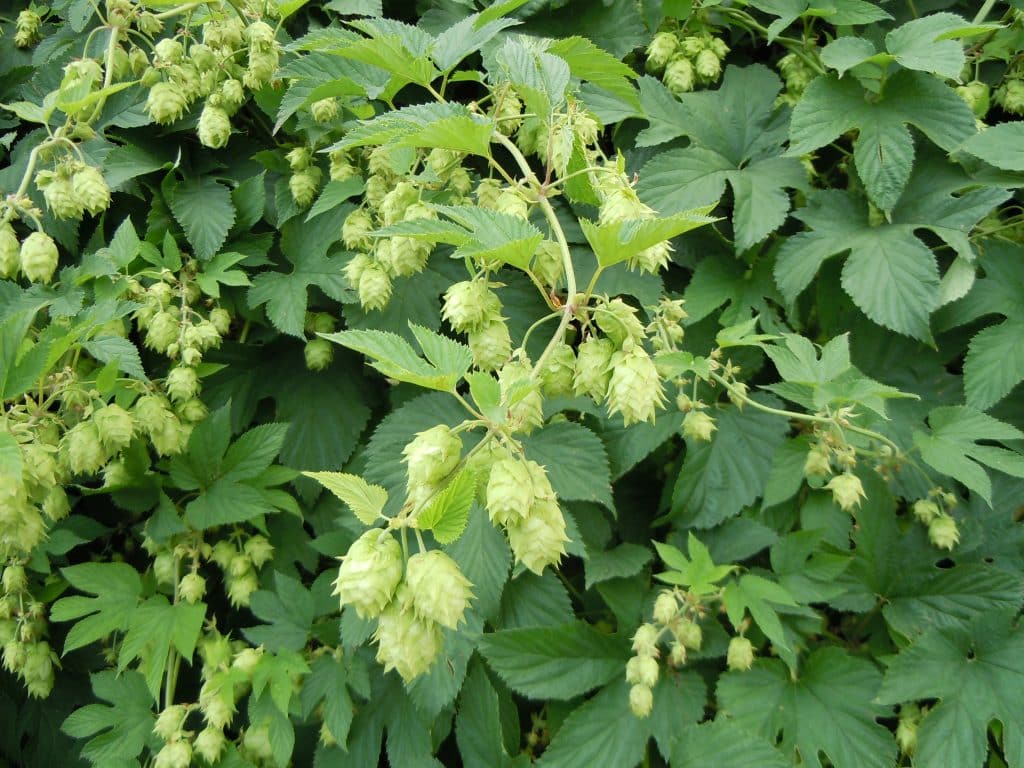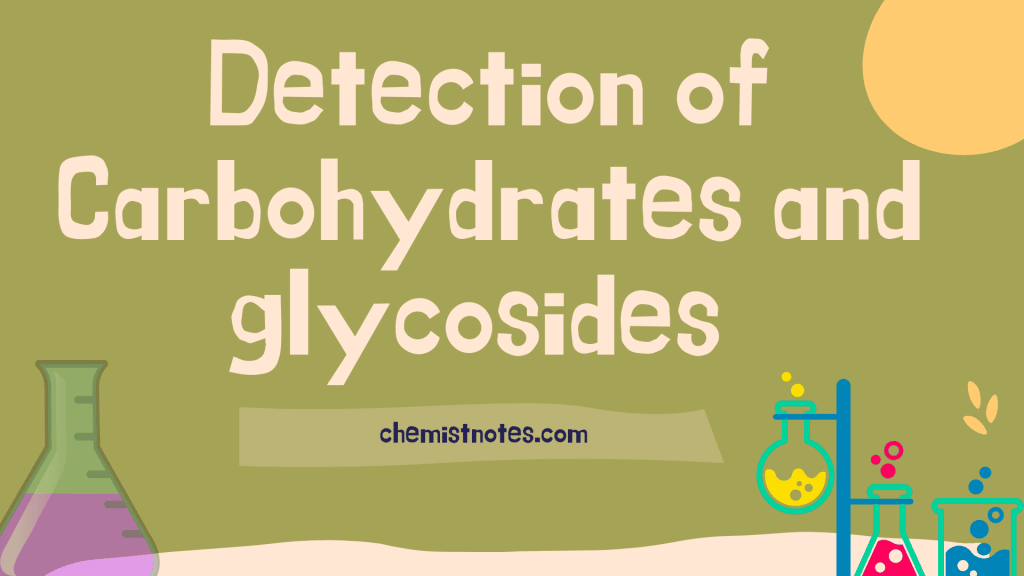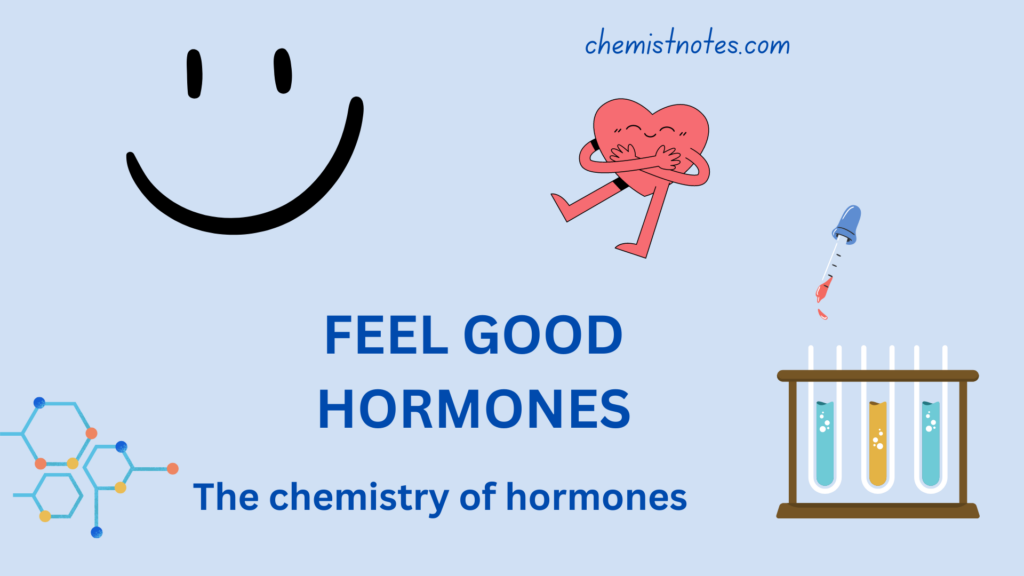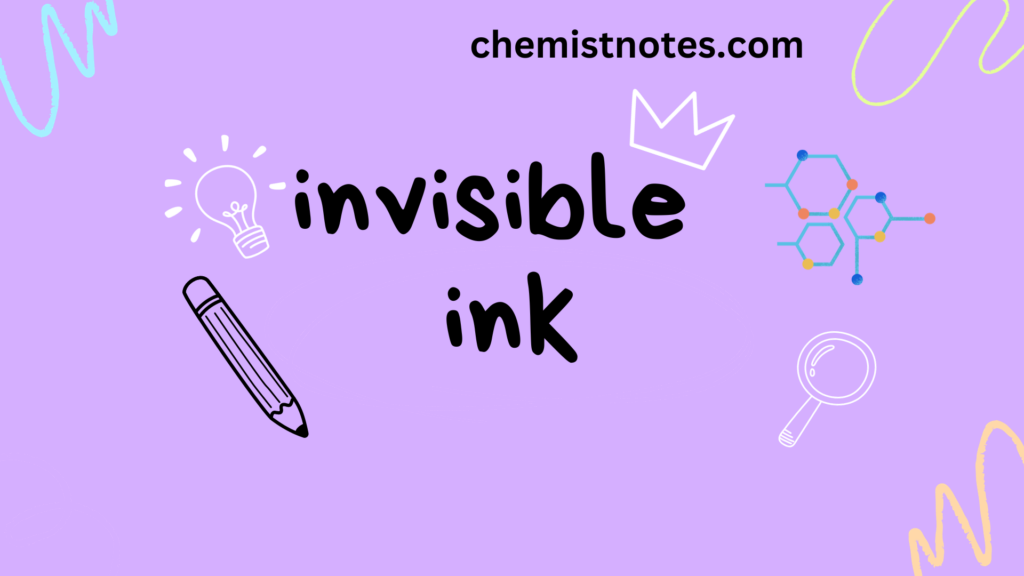Table of Contents
ToggleIf you are familiar with brewing and beer preparation, you undoubtedly already know something about hops.
The female flowers of the hop plant, Humulus lupulus, are known as hops which are green “inflorescence,” or cone-shaped blossoms, of the Humulus lupulus plant. They are most frequently found in beer, where they contribute to the beverage’s bitter flavor. Hops have also been used in herbal therapy for a very long time, at least since the 9th century in Europe. They have historically been used to cure a wide range of illnesses, from dyspepsia to leprosy (Hansen’s disease).

They are an evergreen climbing plant that is a clear jackpot for craft brewers. Little yellow glands or pods known as lupulin, which give beer its bitterness, fragrance, and flavor, are concealed inside each cone. Hops thrive in mild climates with fertile soil and lots of sunshine. They are also called cousins of cannabis.
History of Hops
Hops probably originated in China, but the first recorded use of them for brewing dates back to the 8th century, when Benedictine monks in a Bavarian abbey outside of Munich, Germany, utilized them. Prior to the invention of hops, gruit, a blend of heather, mugwort, and other regionally cultivated herbs and spices, was used to flavor and preserve beer.
Chemicals found in hops
Generally hops consist of a variety of monoterpenes, polyphenols, flavonoids, etc. Hops are valued for their secondary metabolites, which give beer its flavor and include bitter acids, oils, flavonoids, and polyphenols.
Health Benefits of hops
As per research, medicine is made from the dried, blooming portion of the plant. Hops are used to treat anxiety, anxiousness, tension, excitability, attention deficit-hyperactivity disorder (ADHD), nervousness, and irritability. It is also used to treat insomnia and other sleep disorders. Besides this, some of the major uses of hops are:
- Antioxidant properties: Hop is a rich source of antioxidants, which means it aids the body’s defense against free radicals and promotes the appearance of youthful, glowing skin.
- Hair benefits: You must have heard of or even tried washing your hair with beer. Yes, because beer includes hops, it’s beneficial for your hair.
- Reduces hair fall and dandruff: Hops contain important vitamins and oils that aid in opening the small pores on the scalp and reducing hair loss. The oils in this plant aid to treat the dead skin on the scalp and get rid of dandruff, which clogs the scalp’s pores.
- Reduces skin inflammation
- Uplift the mood
- Induces sleep
According to certain studies, hops shoots may be able to produce antibodies that will aid the body fight tuberculosis.
How do hops help to reduce insomnia?
Hops may help with sleep, according to anecdotal evidence that started to appear a long time ago. People in Europe started observing that field laborers who grew hop plants seemed to doze off more frequently than usual. People started to question if hops had sedative characteristics because their task was no more physically taxing than any other fieldwork. Hops may indeed have sedative properties, according to numerous scientific research.
Hops shoot as vegetables
It is commonly known as hop asparagus and costs €1,000 per kg, making it the priciest vegetable in the world (INR 85,614). They taste like nettles and are modest in size. Because they don’t grow in rows, they are quite challenging to harvest.
Role of hops in Beer
Hops are a component of every beer on the market today. If they didn’t, they would be “gruits,” which are essentially beers made with witches’ brew-sounding herbs such as bog myrtle, yarrow, heather, or juniper in place of hops. Note: Fruits, herbs, and even vegetables can be added to beer to increase bitterness. After mashing, brewers add hops to the beer-making process. Grain steeping in hot water during mashing activates malt enzymes and transforms starches into fermentable sugars. The byproduct’s sweet liquid, known as wort, needs to be boiled before it can be fermented and made into beer.
Experience of an Indian farmer with hops
The crop, which is typically grown in America and Europe, is being planted in India as a trial to see if India can be one of its producers.
After an IAS officer tweeted a collage of two images with the caption, “One kilogram of this vegetable costs nearly Rs 1 lakh!,” a farmer in Bihar’s produce is stirring up a stir. The world’s most expensive vegetable, “hop-shoots,” is being grown for the first time in India by entrepreneur farmer Amresh Singh from Bihar can completely change the game for Indian farmers. Soon after, several individuals began tweeting about the green conical vegetable known as “hop shoots” to create a stir on social media.
Why are hops shoots so expensive?
According to a report on theguardian.com, the hop shoots are extremely labor-intensive to harvest, which accounts for their high price. The tendrils resemble weeds and grow randomly; one must “hunch,” “search around,” and select hundreds of them to fill a carrying bag because they are so little.
The same article claims that when cooked, the hop “leaves take on a kale-like character.” Even festivals, such as the London Hop Shoot Festival, are held to honor the hop shoot.
FAQs
Why are hops called hops?
Hops are the blooms, or “cones,” of the plant Humulus lupulus, whose Latin name roughly translates to “a low [slinking] small wolf [plant],” in reference to the plant’s tactile properties, phenomenal growth, and broad range.
What is the role of hops in Beer?
It adds bitterness, aroma, and flavor.
How do hops get their flavor?
Hidden inside each cone are tiny yellow pods or glands called lupulin which is the source of aroma, flavor, and bitterness.
What are the chemical constituents found in hops?
Main components of hop essential oils such as monoterpenes and sesquiterpenes comprising humulene, bisabolene, caryophyllene, farnesene, and elemene.
Are there cannabinoids in hops?
Terpenes and terpenoids are present in both hops and cannabis; tetrahydrocannabinol (THC) is a terpenoid. Hops don’t naturally produce the enzyme that would turn cannabigerolic acid into THC or CBD, but it may be added using genetic engineering, just like yeast was in 2019.









